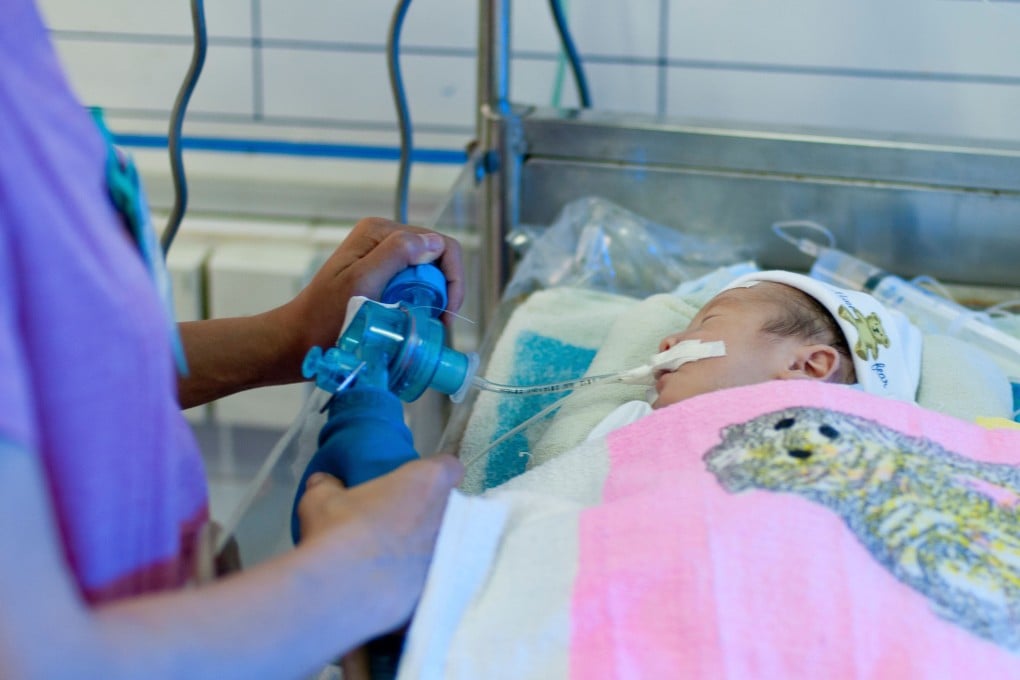Superbug ‘epidemic’ in Vietnam hospitals a ‘wake up call’ to world, warns Swedish researcher
- Resistant to multiple drugs, CRE infects 87 per cent of patients who spend two weeks in hospital, a study shows. Urgent steps are needed to stop it spreading
- The intestinal bacteria, which spreads fastest in subtropical countries with limited health care resources, increases the risk of death from infections

A deadly bacterial superbug has reached “epidemic” levels in Vietnamese hospitals in what scientists are calling a “wake up call” to the world.
More than half of hospital patients were found to be colonised with an intestinal bacteria resistant to a broad spectrum of antibiotics, in a study reported in the Journal of Infection.
One in eight patients were carriers of the bug when they were admitted to hospital, a figure which rose to seven in eight patients after two weeks in hospital.

“We are in the middle of an epidemic, it is an alarm. This could be the tip of the iceberg,” warns lead researcher Hakan Hanberger, professor in the department of clinical and experimental medicine at Linkoping University, Sweden, and consultant in the infection clinic at Linkoping University Hospital. CRE carriers are at higher risk of contracting potentially fatal infections such as urinary tract infections, sepsis and pneumonia, although not all carriers become sick.